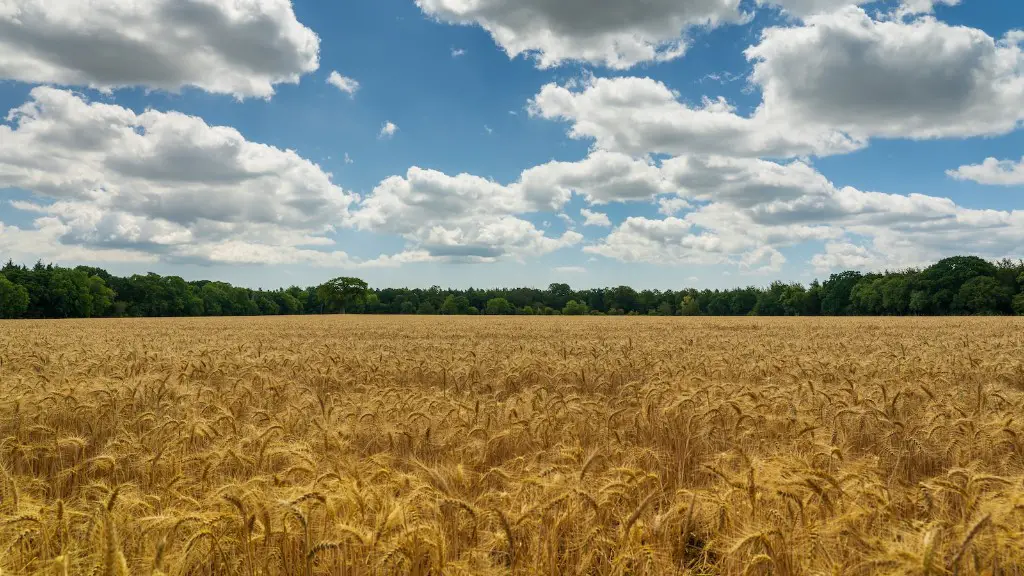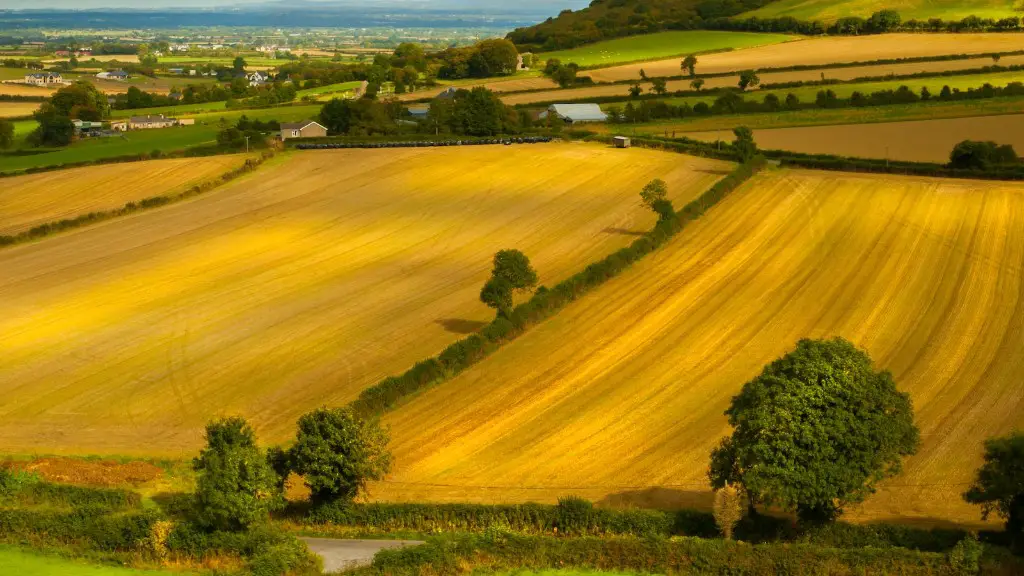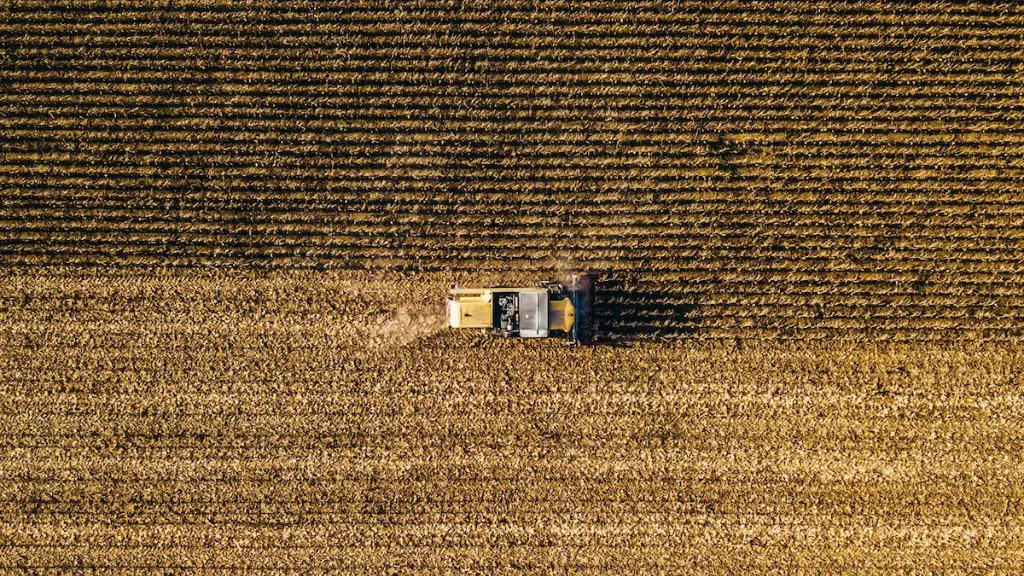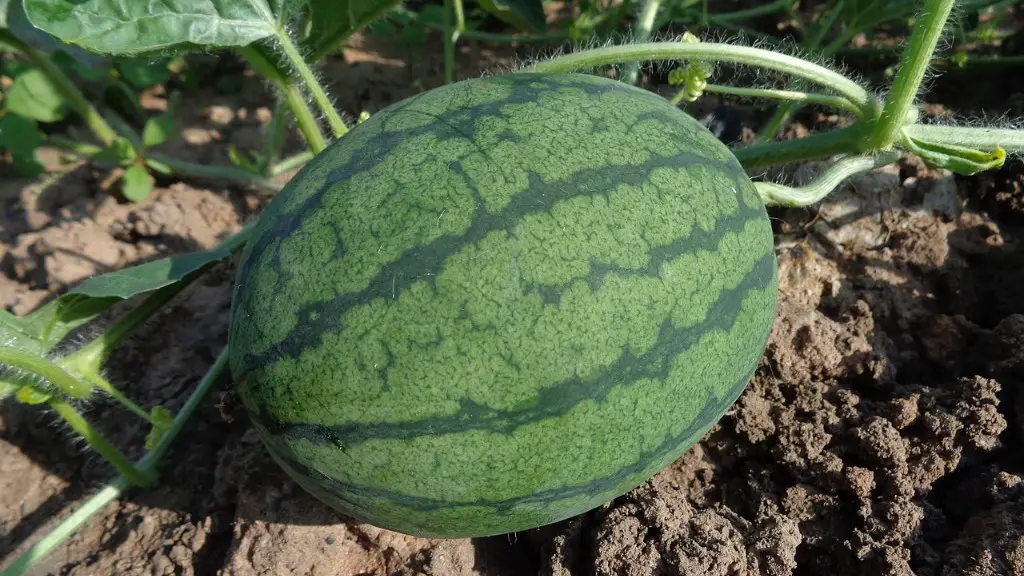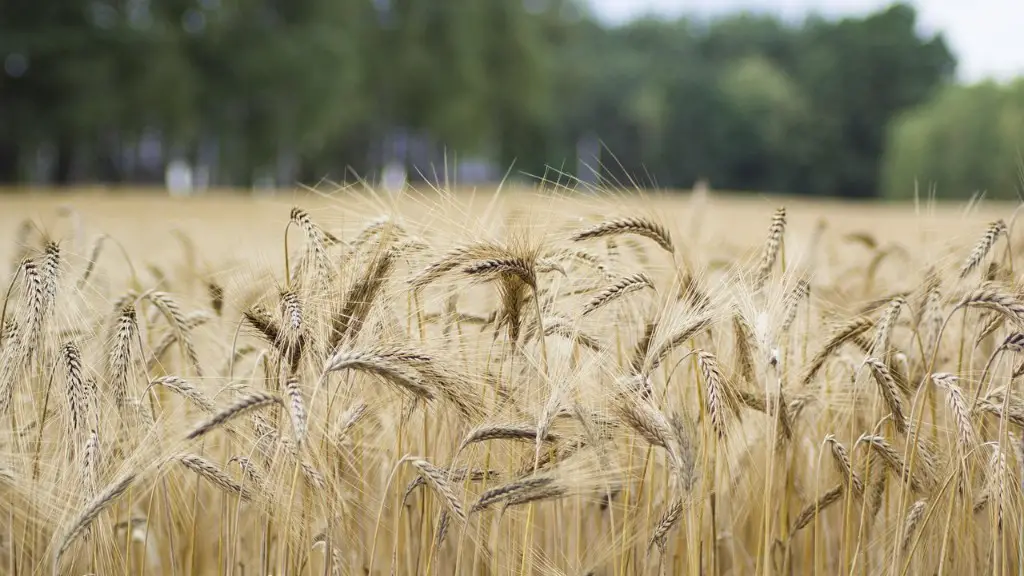Organic farming is an increasingly popular system of agricultural production. It presumes that crops and livestock should be produced without the use of genetic engineering, synthetic pesticides, hormones, antibiotics and artificial growth stimulants, as well as without the use of chemical fertilizers. Many are now wondering if organic farming is the future of agriculture?
One way to determine the future of organic farming is to assess its current impact. Over the past several decades, organically produced foods have become widely available in stores and restaurants around the globe. This has driven an increase in overall production of organic goods, as more and more traditional producers switch over to organic practices. In addition, the increased demand has resulted in the development of new markets for organic goods.
However, organic farming still faces many obstacles. In order to make the transition to organic, farmers must invest in costly inputs and make changes to their current production systems. In addition, organic certification can be time consuming and costly. Furthermore, organic products often carry a premium price, meaning that farmers need to be able to justify this cost.
The future of organic farming may also depend on the ability of organic producers to remain competitive. To do this, organic farmers need to develop strategies to minimize their costs, while still producing goods that meet the highest standards. As organic production becomes more efficient, it is likely that this type of farming could become a viable alternative to traditional farming methods.
In conclusion, organic farming has come a long way from its humble beginnings. While challenges remain, it is evident that organic products are becoming more widely accepted and are slowly but surely edging closer to becoming a viable part of the agricultural industry.
Organic Agriculture and the Environment
Organic farming has the potential to be highly beneficial for the environment. Unlike traditional forms of farming, organic farming utilizes natural soil management systems, such as crop rotation and the application of compost and mulch, that can help to reduce soil erosion and promote soil fertility. In addition, organic farming reduces the use of synthetic pesticides, which can lead to the degradation of soil, water and air quality.
Organic farming also has the potential to reduce the release of greenhouse gases into the atmosphere. Through careful management of soil, organic farmers can reduce the amount of carbon dioxide released into the atmosphere as well as an increase in the amount of organic material held in the soil. This in turn can help to mitigate the impacts of climate change.
In addition to its environmental benefits, organic farming can also lead to improved human health. Organic products can be produced without the use of hormones or antibiotics, meaning that they are free from the toxic chemicals commonly used in commercial farming. This can reduce the risk of diseases, while also promoting greater food security.
Finally, organic farming is likely to be an important part of future sustainable food production. As the global population continues to grow, organic production can play a vital role in ensuring that the planet’s scarce resources are used in an efficient and responsible manner.
Organic Farming and Animal Welfare
Organic farming offers the potential to improve conditions for the animals involved in agriculture. Most organic systems are designed to prioritize animal welfare, meaning that the animals are allowed more space to move freely and access to natural sources of food and water. This can lead to fewer cases of disease and sufferring amongst the animals.
Organic products also offer a way for conscientious consumers to support animal welfare. By buying organic products, consumers can be confident that the products meet higher standards of animal welfare than those of conventional farming. This is because organic farms are not allowed to use intensive production methods, such as the use of cages and battery cages, which can be inhumane and detrimental to animal wellbeing.
Organic farming can also provide a more humane way to approach the use of animals in agricultural production. This is because organic farmers are required to take into consideration ethical issues when raising animals, such as pain relief, food security, and access to natural habitats.
In conclusion, organic farming offers a number of potential benefits that could improve animal welfare. Consumers who opt for organic products can be sure that they are supporting agricultural systems that prioritize animal welfare, while also helping to reduce the impact of conventional farming practices on our environment.
Organic Farming and Climate Change
Organic farming has the potential to play an important role in mitigating the impacts of climate change. Organic systems rely on natural, sustainable measures to keep soil healthy, such as crop diversity and the use of natural composting materials. This means that organic farms can help to reduce the release of harmful greenhouse gases into the atmosphere.
Organic farming is also seen as a way to reduce the need for synthetic fertilizer and pesticides. By avoiding the use of chemical inputs, organic farms can contribute to a reduction in global warming and the destruction of ecosystems. In addition, organic farmers take extra care to protect the environment, such as avoiding the disruption of natural habitats and protecting sources of water.
Organic farming can also provide a way to reduce the negative impacts of conventional agriculture production. This is because organic systems can produce crops without the use of chemical inputs, meaning that they can help to minimize soil erosion and water pollution, as well as reduce the incidence of diseases caused by pesticides.
In conclusion, organic farming can help mitigate the impacts of climate change and conserve the environment. By removing the need for chemical inputs and reducing the negative effects of conventional agriculture, organic farming can be an important part of a more sustainable future.
The Economic Benefits of Organic Farming
In addition to its environmental and animal welfare benefits, organic farming can also provide economic benefits. Organic farmers can often receive higher prices for their products than traditional farmers, as organic products are becoming increasingly popular. This can provide a more secure livelihood for farmers, as well as additional income that can be spent on quality of life improvements.
Organic farming can also provide an economic boost to rural areas. This is because organic production often relies on a larger number of workers than conventional production, meaning that more jobs can be created in the local area. In addition, organic farms can often attract tourists looking to visit the farms and purchase their products, meaning that organic farms can be an important source of revenue for rural economies.
Finally, organic farming can also be a way for farmers to build more resilient, sustainable operations. This is because organic systems tend to focus on long-term sustainability, as opposed to short-term gains, meaning that farmers can plan for the future by adopting practices that are better for the environment.
In conclusion, organic farming can have an important role to play in promoting economic development. By providing higher incomes and creating more job opportunities, organic farming can help to stimulate local economies, while also helping to build resilience and sustainability in agricultural production systems.
